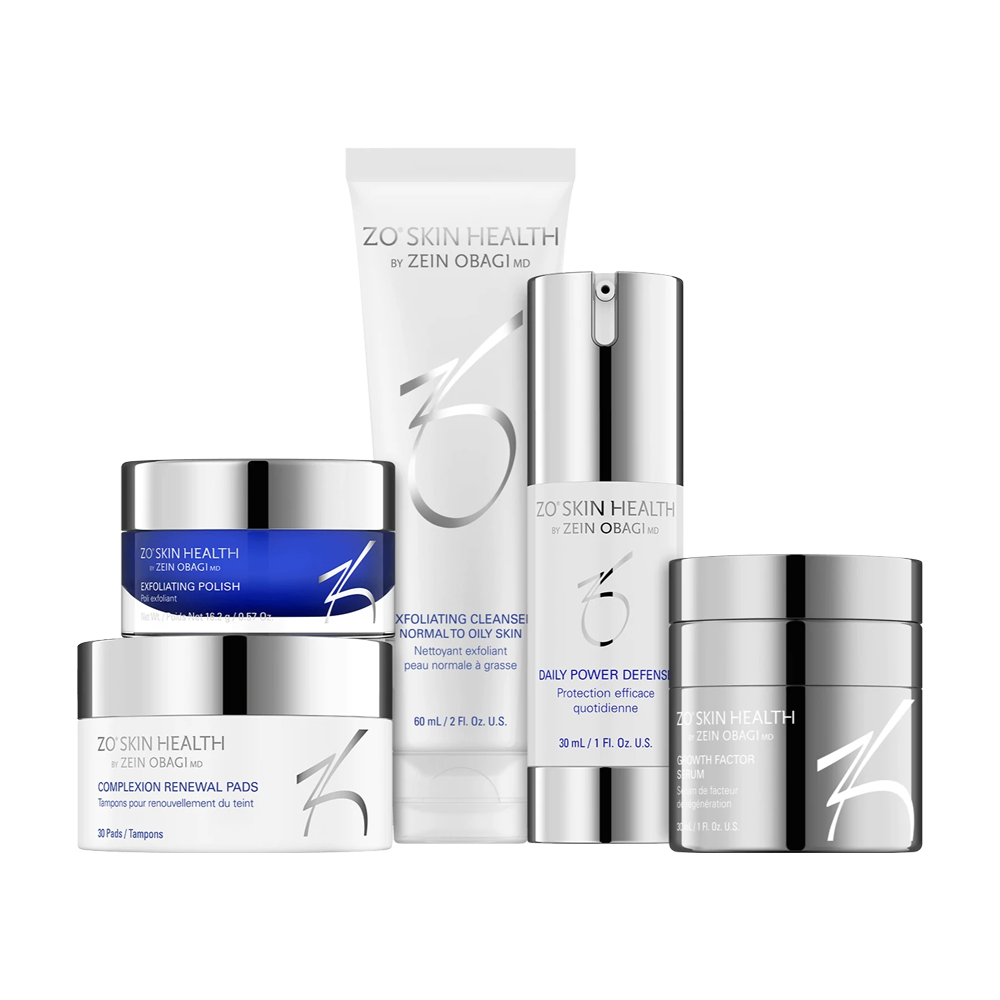Medical-grade skin care and Sephora/drug store brands differ in several aspects, including formulation, potency, regulatory oversight, and the conditions they target. Here are some key differences:
Formulation and Ingredients:
Medical-grade skin care products typically contain higher concentrations of active ingredients compared to Sephora/drug store brands. These active ingredients may include pharmaceutical-grade compounds, prescription-strength retinoids, antioxidants, and peptides. Medical-grade products are often formulated to penetrate deeper into the skin and deliver more noticeable results.
Potency and Efficacy:
Due to the higher concentrations of active ingredients, medical-grade skin care products are generally considered more potent and effective than their Sephora/drug store counterparts. They are often developed based on scientific research and clinical studies, aiming to provide targeted solutions for specific skin concerns.
Regulatory Oversight:
Medical-grade skin care products are subject to stricter regulations and oversight by health authorities, such as the Food and Drug Administration (FDA) in the United States. These products may require approval or clearance before being marketed. On the other hand, Sephora/drug store brands are often classified as cosmetic products, which have less stringent regulations and are not intended to treat medical conditions.
Skin Concerns and Conditions:
Medical-grade skin care products are primarily designed to address specific skin conditions or concerns, such as acne, rosacea, hyperpigmentation, and aging. They may be recommended or prescribed by dermatologists or other medical professionals. Sephora/drug store brands, while offering a wide range of products, often focus on general skin maintenance and cosmetic enhancements rather than treating specific conditions.
Professional Guidance:
Medical-grade skin care products are typically recommended or prescribed by dermatologists or other skincare professionals. These professionals can assess your specific skin needs and guide you towards the most suitable products. In contrast, Sephora/drug store brands are available for purchase without professional guidance, although store employees may offer some assistance.
Price:
Medical-grade skin care products tend to be more expensive than Sephora/drug store brands. This is due to their higher quality ingredients, development costs, and the involvement of medical professionals in their formulation and recommendation. Sephora/drug store brands generally offer more affordable options, making them accessible to a wider range of consumers.
It’s important to note that while medical-grade skin care products may offer potent solutions for certain skin conditions, not all skincare concerns require medical-grade products. Sephora/drug store brands can be effective for general skincare maintenance and improving the appearance of the skin. Ultimately, the choice between medical-grade and Sephora/drug store brands depends on individual skin needs, preferences, and budget. Consulting with a skincare professional can help you determine the best approach for your specific concerns.

